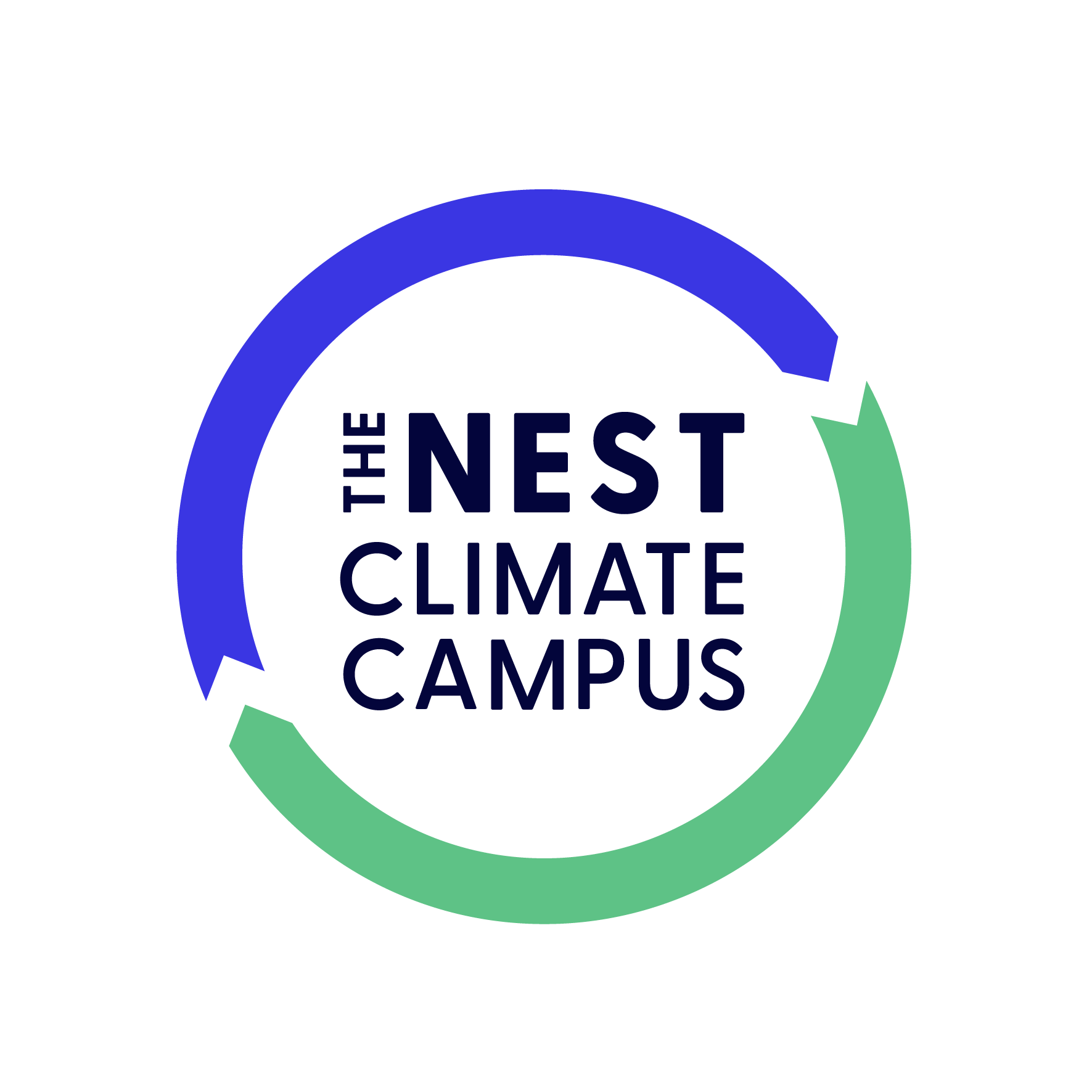Courtesy, Javits Center
8 Steps to Managing Food Waste
by Riker Jones
Food waste and management are two significant contributors to global warming. Per Project Drawdown, the world’s leading resource for climate solutions, food management—the cycle from farm to table or reuse—warms our planet by contributing as much as 35 percent of greenhouse gases. The good news is that there are immediate steps that an event planner can take to make a difference in making the food economy more circular, especially in New York City. Integrating better food waste management into your event starts with a mindset and has everything to do with collaboration. Check out these steps to reduce food waste, including examples of how The Nest Climate Campus and Cultivated, the Javits Center’s in-house caterer, worked together:

1. Reduce, reuse, recycle
Shift sustainability to the start of your event planning with the mindset of reduce, reuse and recycle. These are known as the three Rs of sustainability and can be applied to any food service operation. It’s much more effective to plan your event with sustainability in mind from the start, such as when selecting a venue, than to try to integrate it later in the planning process.
New York City is home to the Javits Center, which event planners can leverage to become more sustainable. The Javits Center’s rooftop farm, for instance, generates 40,000 pounds of produce annually.
2. Collaboration
Working together is key to success in achieving the three Rs. Ask your venue and catering service to share their efforts in food sustainability. Chances are they have initiatives in place. If not, this is an opportunity to share that food sustainability is a priority for you and encourage them to start their journey to net zero.
For example, The Nest Climate Campus leveraged the Javits Center’s one-acre on-site farm with Cultivated when creating the Garden Eatery, which served locally sourced and rooftop farm-grown plant-based options during The Nest Climate Campus event.

3. Menu selection
Consider plant-forward menus and remove red meat, which is a major contributor to methane, a dangerous greenhouse gas. Methane is 28 times more potent in trapping heat and warming our planet than carbon dioxide.
4. Base foods
Ask your caterer what other events are serving food across the venue (simultaneously or pre/post event) to maximize serving similar base foods, leading to reduced waste. The same base options can be redesigned, enabling each event to still achieve its unique needs.
The Nest Climate Campus and Cultivated used base foods that were also served by other events being held at the Javits at the same time, reducing food waste on multiple levels.
5. Sourcing
Understand the sources of your food and beverages. Supporting local farmers and food purveyors reduces pollution and improves air quality. Plus, food from local farms is fresher and more nutritious.
6. Serving food and beverages
Choose ceramic plates, silverware and glassware to reduce trash. If those aren’t in your budget or available, ask for compostable options such as paper plates, bamboo plates and utensils, or palm leaf plates. Reduce single-use plastics by using water coolers, which enable guests to drink from their own reusable water bottles.
7. Food rescue
Effective processes to deal with leftover food and trash are key to successfully completing the full cycle of food management. While the goal is not to over-order, overage does happen and provides an opportunity to help those that are food insecure. Coordinate with your caterer to arrange for a service to rescue excess meals and bring them to a shelter. Reputable resources include Food Rescue US and City Harvest.
8. Trash management
Create highly visible trash stations for your attendees to recycle, and include composting in the front of the house. Use signage to clearly indicate what goes where. This is often misunderstood, and one misplaced item can contaminate an entire stream, negating its recycling properties.
Working with the venue and caterer will bring further clarity to the best choices for your event, as their suppliers and trash management are a significant aspect of success in minimizing food waste.
Share your tactics
Integrating sustainability into your food service planning leads to a brighter future for your community and the planet. Share your efforts and let your clients engage too. For instance, organizers can ask sponsors to showcase their values and support these efforts—a win-win for all. One sponsor demonstrated their commitment to cutting down on greenhouse gas emissions by offering low methane milkshakes at the Garden Eatery on The Nest Climate Campus.
The Nest Climate Campus and Cultivated, the in-house caterer at the Javits Center, collaborated to implement all of the strategies enumerated above and are proud to have done so. For more information or if you have questions about the experience, please contact hello@thenestclimatecampus.com.
Want to learn more?
Watch the complimentary session “Our Future Depends on Reducing Food Waste” from the 2023 Nest Climate Campus Main Stage to learn more about food waste.
The Nest Climate Campus is the largest and most inclusive US climate event.
This article originally appeared on NYC Tourism & Conventions Website here.


.jpg?width=778&height=518&name=Javits-Center-Farm-Hudson-Yards-Manhattan-NYC-courtesy-The-Nest%20(1).jpg)

